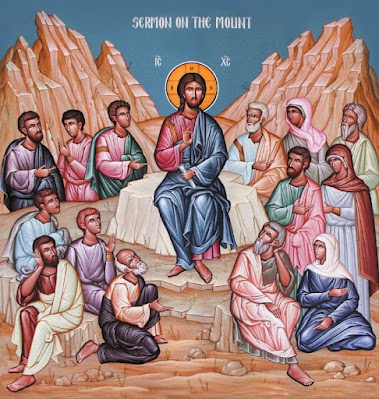Homily for Ash Wednesday, March 2, 2022, Year C

Fr. Charles Irvin Diocese of Lansing ( Click here for Wednesday’s readings ) Womb to tomb is the pattern of all human life. You, and I with you, are on individual and collective pilgrimages, processions, journeys. Here we are this Ash Wednesday walking in procession to God’s altar to receive ashes. In this same hour we will be in a procession to receive Holy Communion, our food, our living Bread, the Bread of Life to nourish us and strengthen us for our individual journeys though life. Yesterday is gone; we can’t go back into it. Tomorrow lies ahead; we cannot stop it from coming. Today we’re on the move. But where are we going? Where are you going? What direction are you taking as you live out your days here on earth? Are you journeying toward God or apart from God? You can’t escape it. You are on a spiritual journey. Even if you don’t realize it you are, in fact, on a spiritual journey. You came into being because of our heavenly Father’s love. You are, in Christ our Blessed





